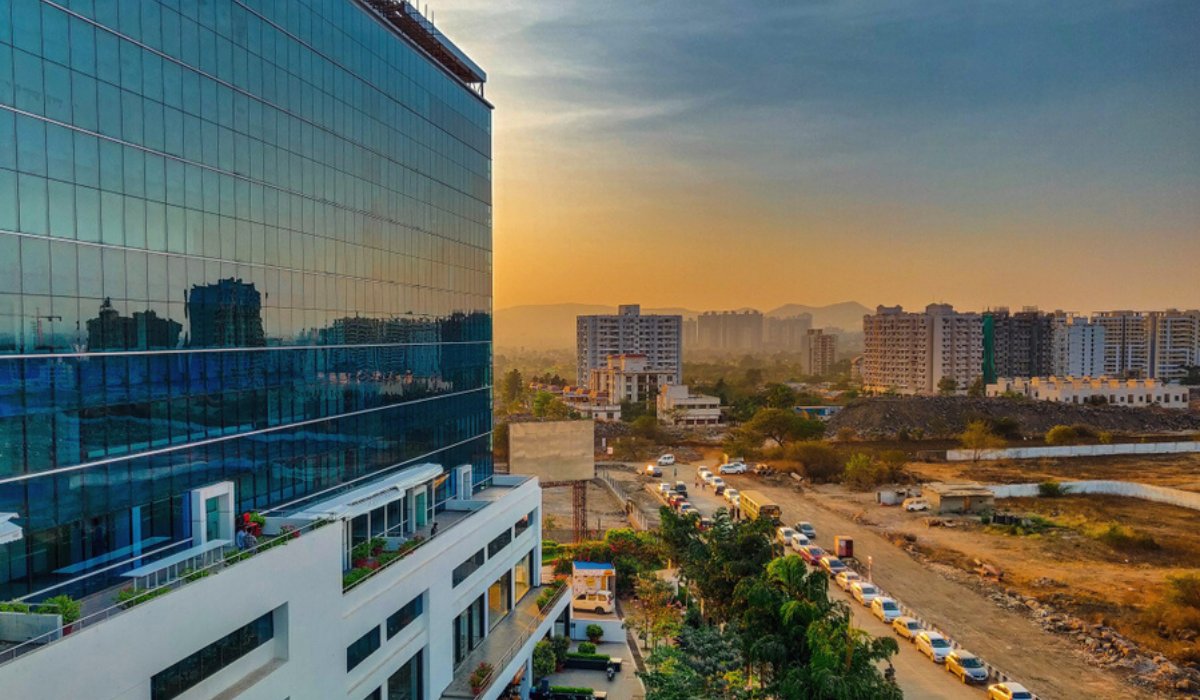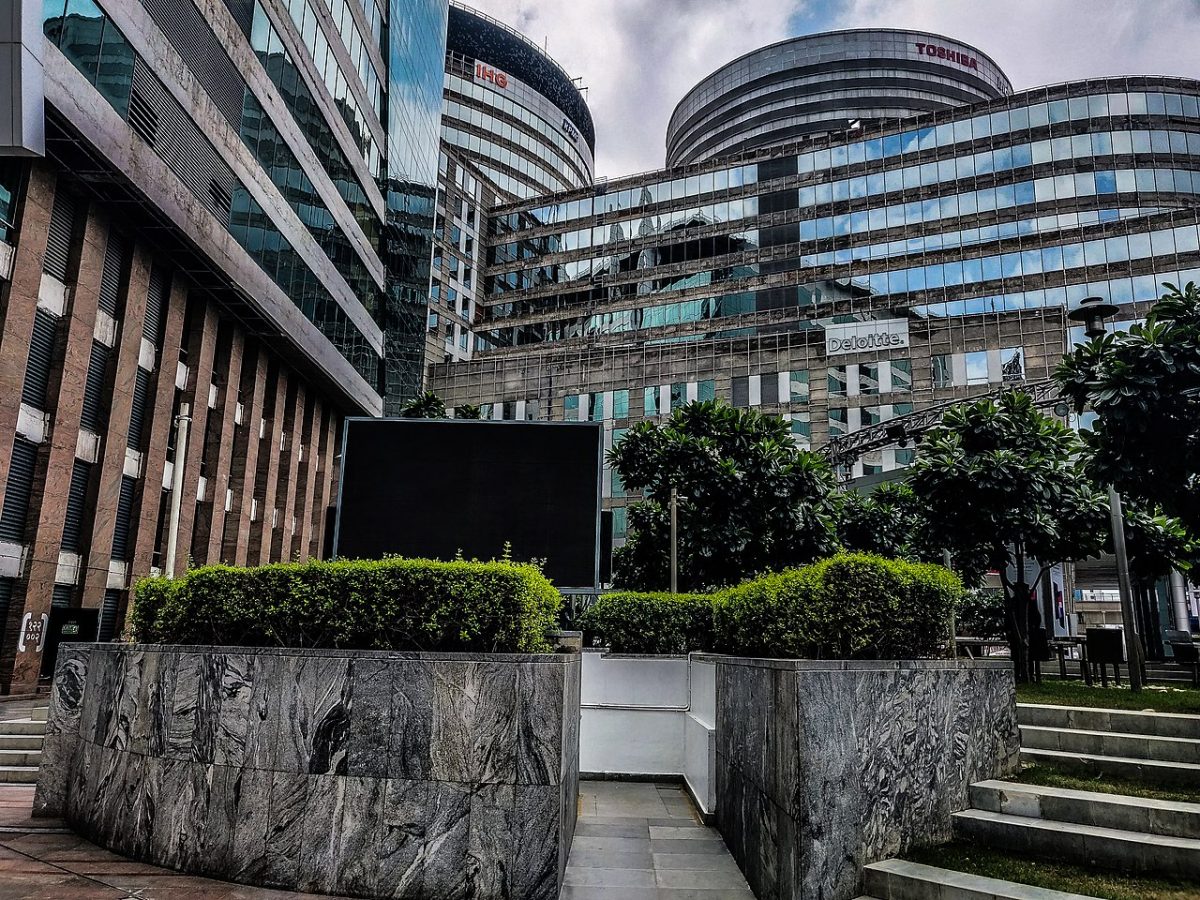Investing in commercial real estate in India can be an attractive opportunity due to the country’s growing economy and emerging market status. However, it is essential for investors to be aware of the potential risks associated with such investments. This post discusses some of these risks and suggests strategies to mitigate them.
Regulatory and Legal Uncertainties: India has a complex regulatory environment, and investors may encounter challenges related to land acquisition, permits, approvals, and compliance with local laws. These uncertainties can lead to delays in project execution, cost overruns, and legal disputes. To mitigate this risk, it is crucial for investors to conduct thorough due diligence before investing. This includes reviewing relevant laws and regulations, assessing the track record and reputation of developers and contractors, and seeking legal advice to ensure compliance.
Market Volatility & Economic Factors: India’s real estate market is influenced by various economic factors such as interest rates, inflation, GDP growth, and government policies. Fluctuations in these factors can impact the demand and supply dynamics of commercial real estate. To mitigate this risk, investors should closely monitor economic indicators and market trends. They should also diversify their investment portfolios across different property types and locations. By spreading their investments, investors can reduce the exposure to a single property or market and minimize potential losses.
Foreign Exchange Risk: Fluctuations in the Indian rupee’s value against other major currencies can impact the returns on investments. To mitigate this risk, investors can consider hedging strategies, such as entering into forward contracts or using currency derivatives, to manage their foreign exchange exposure. Additionally, maintaining a long-term investment horizon can help investors ride out short-term currency fluctuations.
Infrastructure & Development Risks: While the country has made significant progress in infrastructure development, challenges still exist, particularly in Tier II and Tier III cities. Inadequate transport links, power supply, and other infrastructure deficiencies can affect the viability of commercial real estate projects. Investors should assess the infrastructure quality of the target location and consider investing in areas with robust infrastructure or those expected to improve in the near future.
Political and Geopolitical Risks: India’s political landscape can be dynamic, and changes in government policies, taxation, and regulations can impact the real estate sector. Investors should stay informed about political developments and consider the potential impact on their investments. Diversifying across different regions and sectors can also help mitigate political risks.
In conclusion, while investing in commercial real estate in India offers significant opportunities, it is crucial for investors to be aware of the associated risks. Conducting thorough due diligence, diversifying investment portfolios, monitoring market trends, managing foreign exchange exposure, and staying informed about regulatory and political developments are some of the strategies that can help mitigate these risks. By adopting a proactive and informed approach, investors can maximize their chances of success in the Indian commercial real estate market.





